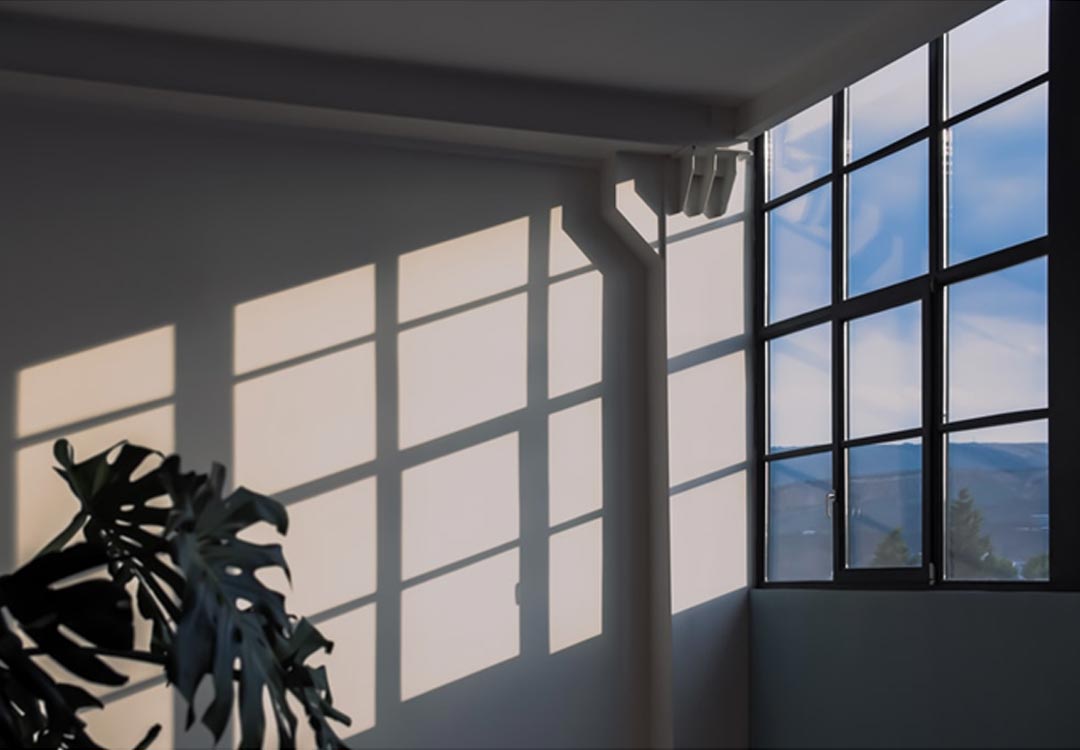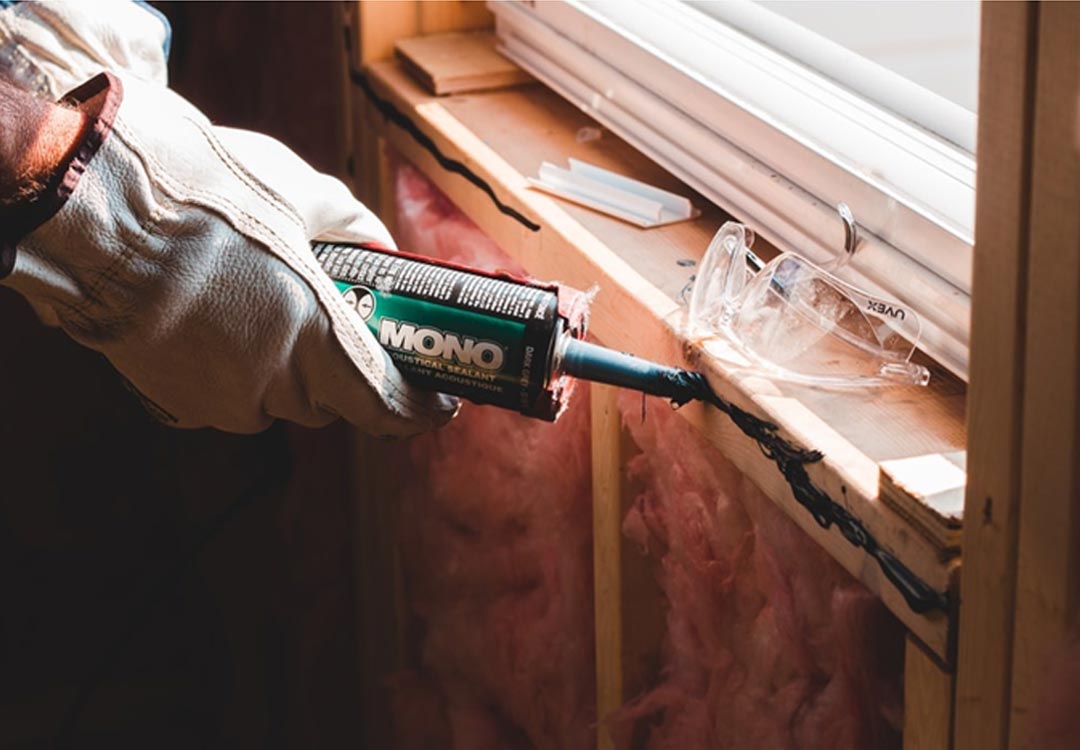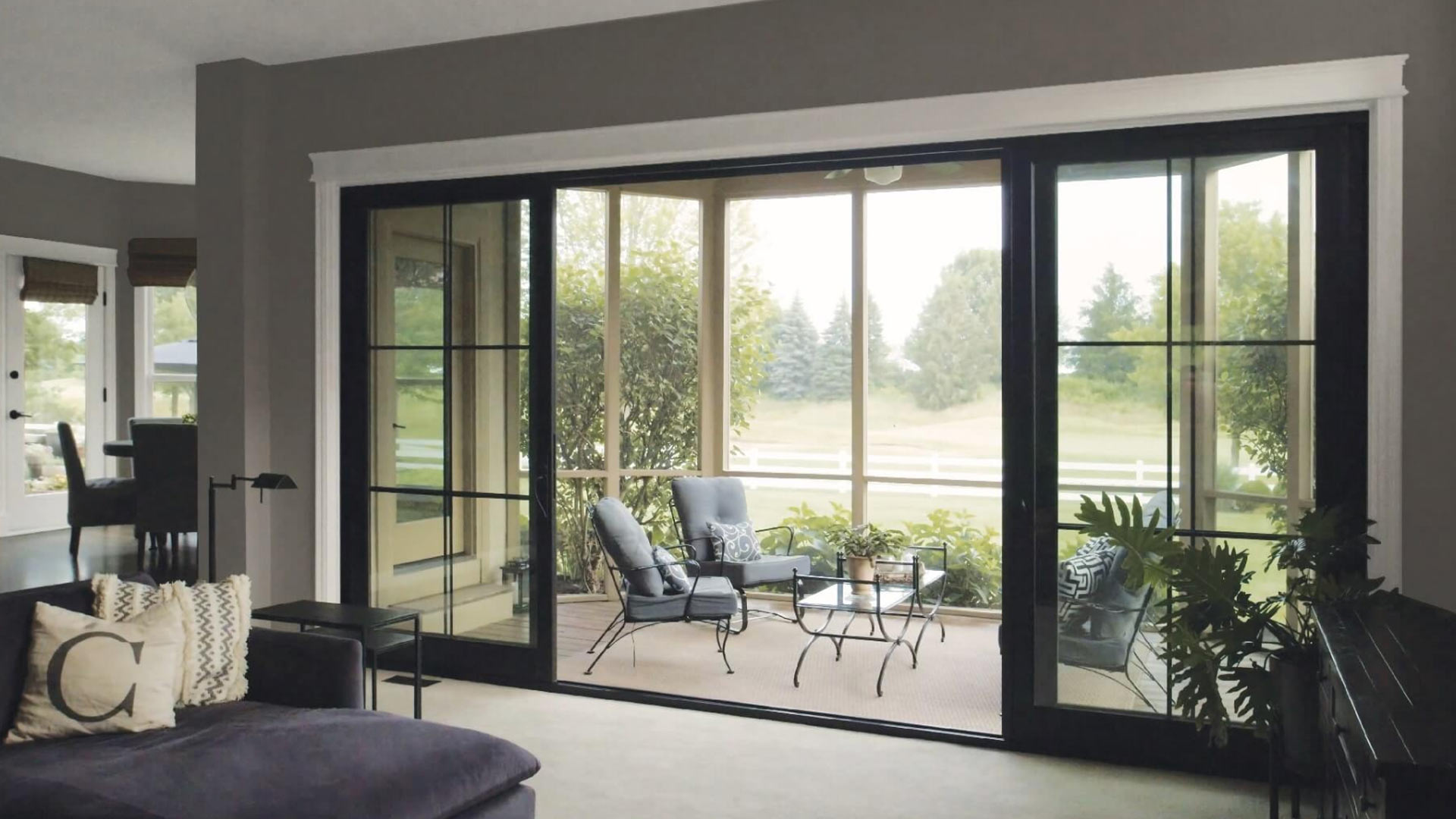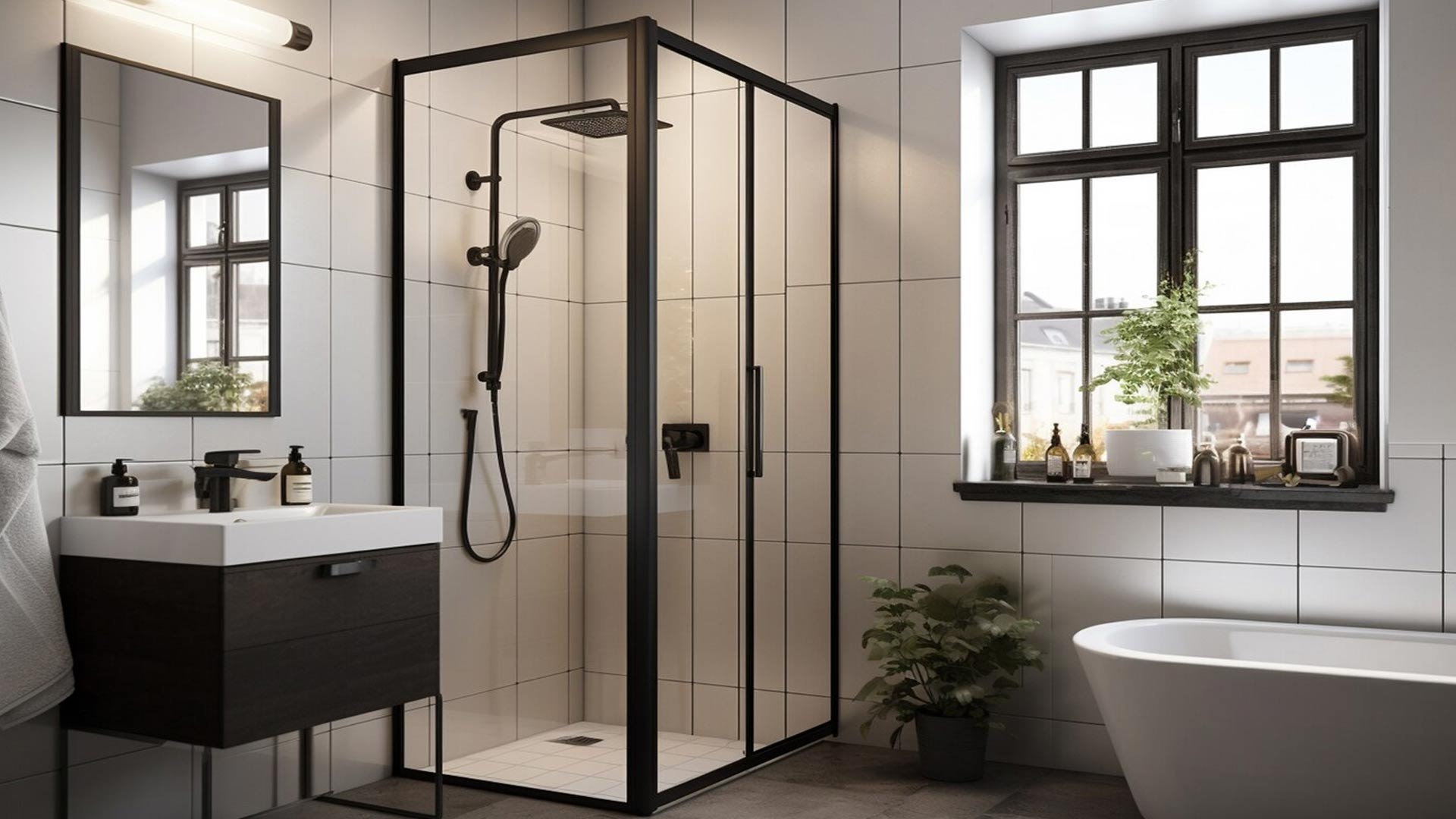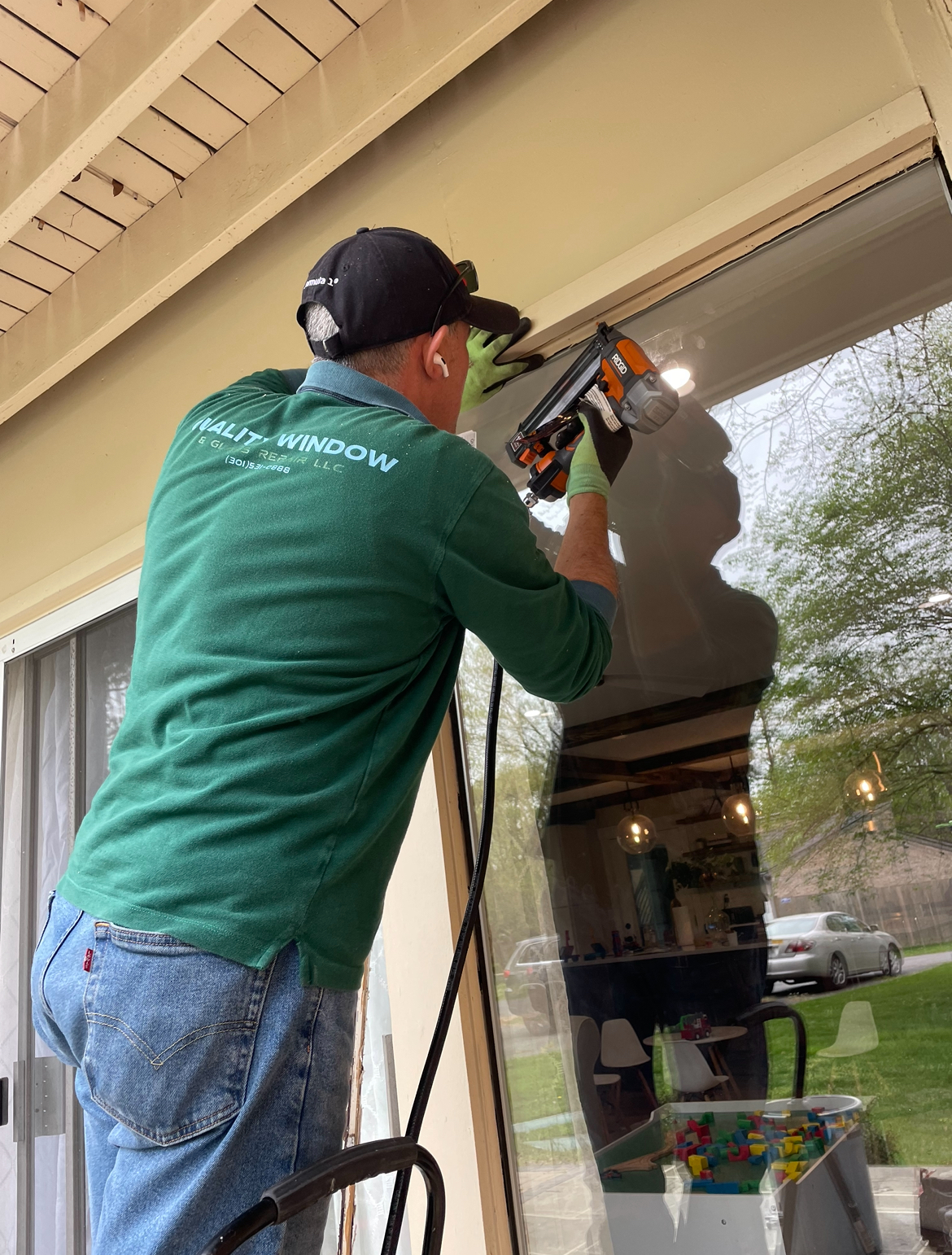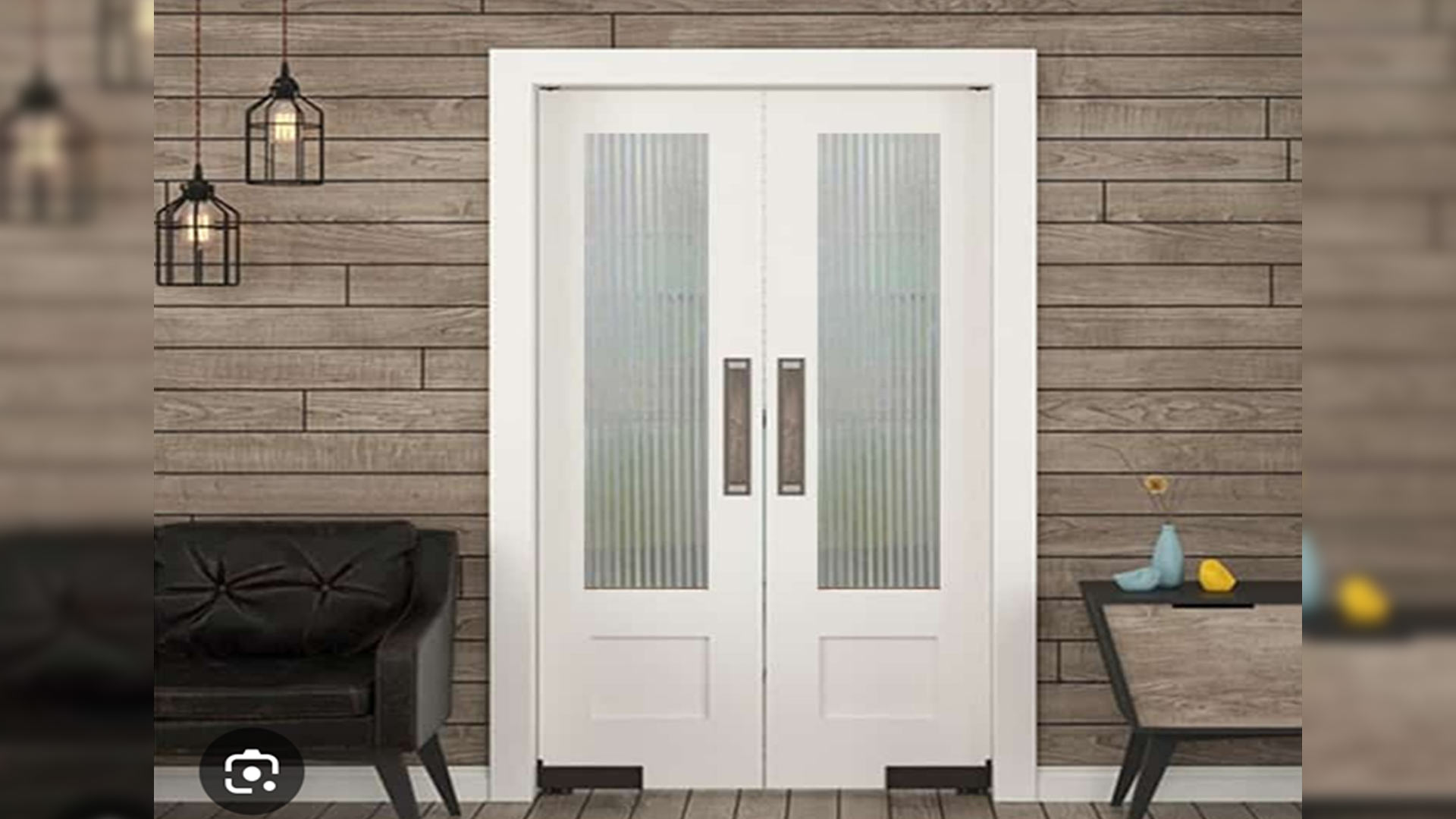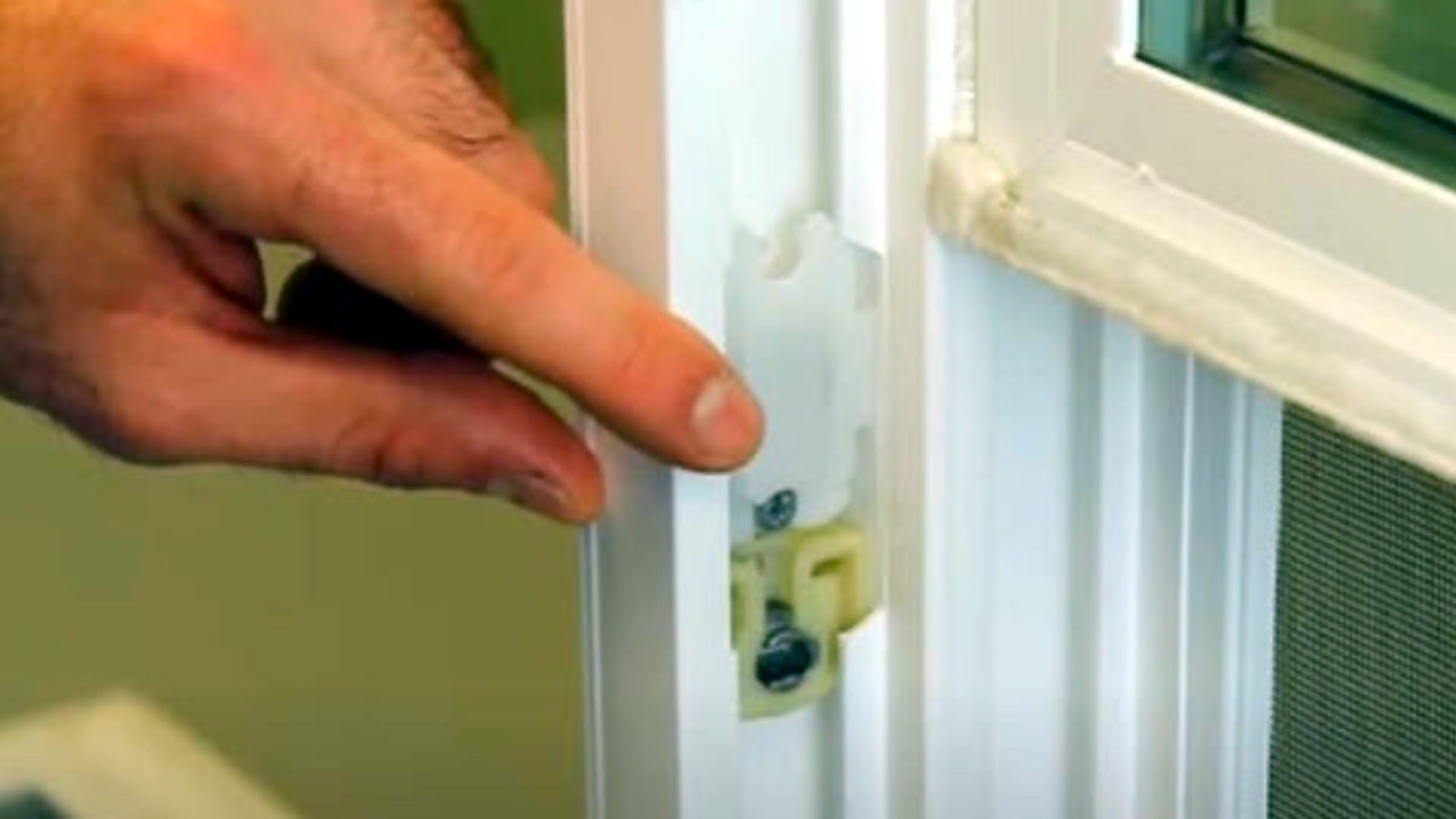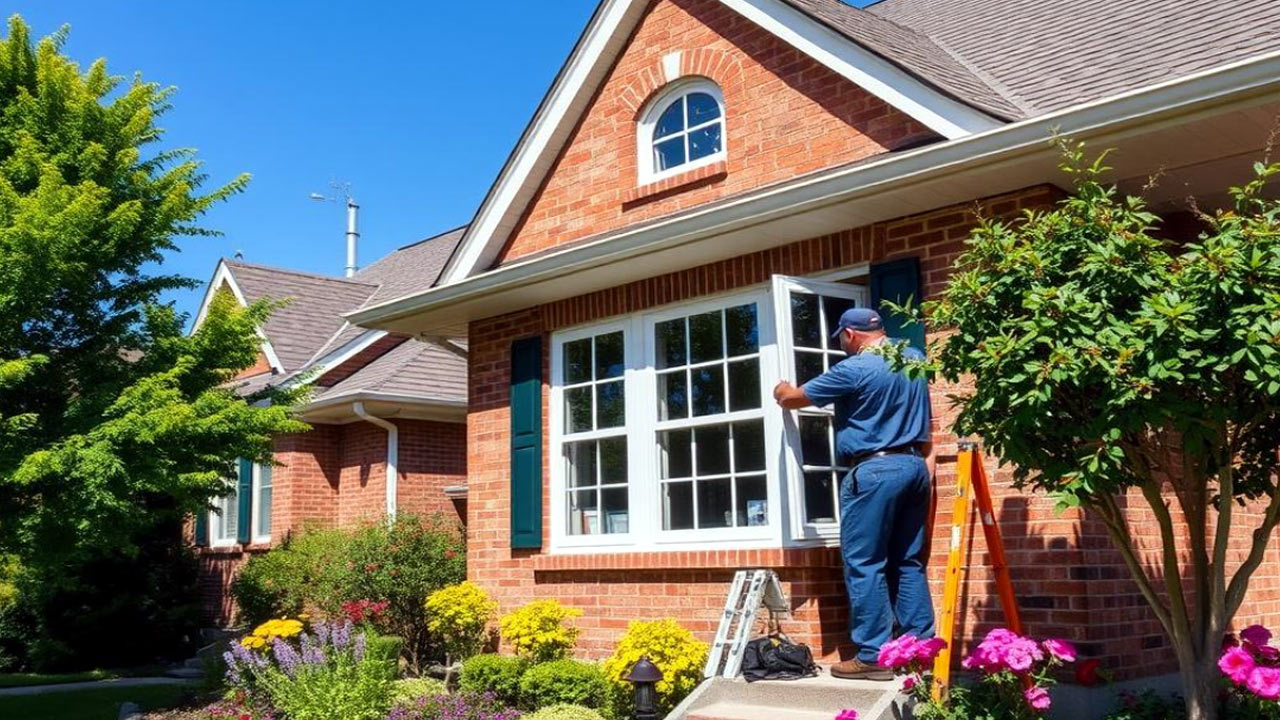Window condensation: the glass is more relaxed than the air outside. When humid air comes into contact with the cold surface, it contracts to form condensation.
Foggy windows usually indicate the need to reduce indoor humidity before it leads to costly damage in your home. However, you can minimize the effect with a few easy tips.
Causes of Window Condensation
Excessive moisture in the house generally causes interior window condensation, which often happens in the winter. A broken seal between windowpanes or saturated desiccant inside the windows also leads to condensation. Exterior window condensation is the dew that forms when the windows are cooler than the dew point.
Moreover, if your home isn’t properly ventilated, moisture from your kitchen, water system, and body can collect over time. If water vapor has no place to escape, it will condense not only on windows but also on furniture, inside walls, and in carpets.
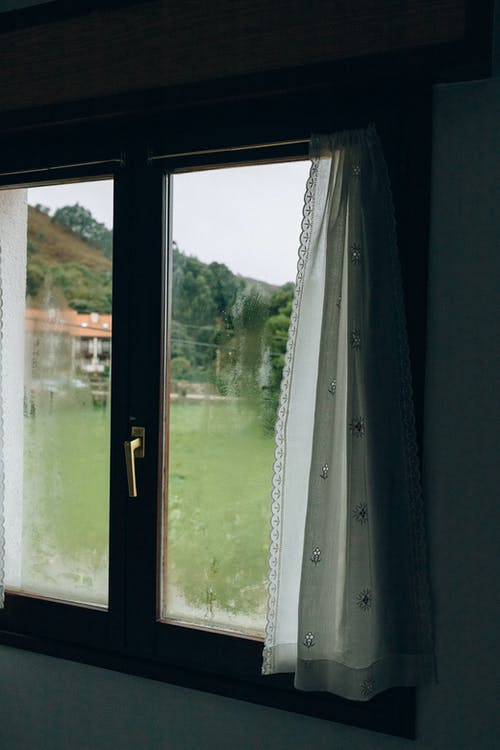
Condensation Problems
Excess condensation on windows creates the perfect breeding ground for mildew and mold, which can look like small black spots or gray clouds. Mold buildup on the windowpane is likely to damage your windows.
The windowpane isn’t the only place where you can find mold buildup. Homeowners can also find mold on carpets, furniture, and food. Consider replacing the window glass at its earliest as exposure to mold can cause an allergic reaction.
Understanding Window Glass Condensation
Condensation occurs when warm, moist air comes into contact with a more excellent surface, such as glass. This process can lead to moisture forming inside windows, which can cause various issues.
Common Causes of Condensation
Temperature Differences:
- Warm Air vs. Cold Glass: When the indoor temperature is significantly warmer than the outdoor temperature, the warm air near the glass cools rapidly upon contact, leading to condensation.
High Humidity Levels:
- Sources of Humidity: Activities like cooking, showering, and using humidifiers can raise humidity levels in your home. Ideal indoor humidity levels should be between 30-50%.
Poor Insulation:
- Single-Pane vs. Double-Pane Windows: Single-pane windows are particularly prone to condensation due to their lack of insulating properties. Double or triple-pane windows have a layer of air or gas between the panes that reduces temperature transfer.
Ventilation Issues:
- Stale Air: In homes that are tightly sealed for energy efficiency, stale air can accumulate. Without proper ventilation, moisture-laden air cannot escape.
Effects of Condensation
Damage to Window Frames:
- Continuous moisture can lead to wood rot, mold growth, and deterioration of window frames.
Mold Growth:
- Excess moisture creates an ideal environment for mold, which can pose health risks and further damage your home.
Aesthetic Issues:
- Condensation can obscure views and leave unsightly water stains on windowsills.
Energy Loss:
- Poorly insulated windows can increase heating costs as warm air escapes through the glass.
Solutions to Prevent and Manage Condensation
Increase Ventilation:
- Exhaust Fans: Install exhaust fans in kitchens and bathrooms to remove humid air. Make sure they vent outside, not into the attic.
- Open Windows: Regularly open windows to allow fresh air circulation, especially during high-moisture activities.
Control Indoor Humidity:
- Dehumidifiers: Use dehumidifiers in damp areas such as basements and bathrooms to reduce humidity.
- Air Conditioning: Air conditioning during humid months helps dehumidify the air.
Upgrade Windows:
- Energy-Efficient Windows: Consider investing in double- or triple-pane windows with low-emissivity (Low-E) coatings to improve insulation and reduce condensation.
Use Window Treatments:
- Thermal Curtains: Insulated or thermal curtains can help maintain temperature differences and minimize condensation.
- Blinds and Shades: Window coverings reduce the temperature difference between indoor air and window glass.
Maintain Consistent Indoor Temperatures:
- Steady Heating: Keep your home at a consistent temperature, especially during cold months, to prevent large temperature fluctuations.
- Avoid Drafts: Seal any drafts around windows and doors to maintain a stable indoor environment.
Regular Maintenance:
- Check for Leaks: Inspect windows and frames for leaks or cracks that may allow moisture to enter.
- Clean Window Frames: Regularly clean window frames and sills to remove dirt and debris that can trap moisture.
When to Seek Professional Help
It might be worth consulting a professional if condensation issues persist despite your best efforts. They can assess your windows’ insulation, ventilation, and overall condition and recommend tailored solutions.
Let me know if you have specific questions or need further information on any aspect!
Preventing Indoor Window Condensation
The first step to reducing condensation inside your windows is measuring the relative humidity. The Environmental Protection Agency recommends that the relative humidity in homes be lower than 60%. Determining the humidity levels in your house can help you select the most suitable solution.
- Open window treatments prevent condensation: Closed drapes or pulled-down shades trap heat against your windowpane, increasing the likelihood of moisture buildup.
- Proper airflow: Ceiling fans operating clockwise will move warm air from the top of your room and ensure adequate air circulation.
- Turn down your Humidifier: If you’re using a humidifier, consider turning it off to reduce the relative humidity levels in your home.
- Use exhaust fans: Particular areas of your home, like your laundry area, kitchen, and bathroom, are more prone to moisture. However, using exhaust fans will eliminate all the humidity in your home.
Hire Professional Window Glass Repair and Replacement Services
At Quality Windows & Glass Repair LLC, we provide a diverse range of glass repair and replacement services for your doors and windows. Our technicians are trained to handle both commercial and residential glass repairs. Whether you need patio door replacement, foggy window insulated glass replacement, sliding glass door repair, or emergency glass door replacement, we have you covered.
To learn more, contact us today via our website.







